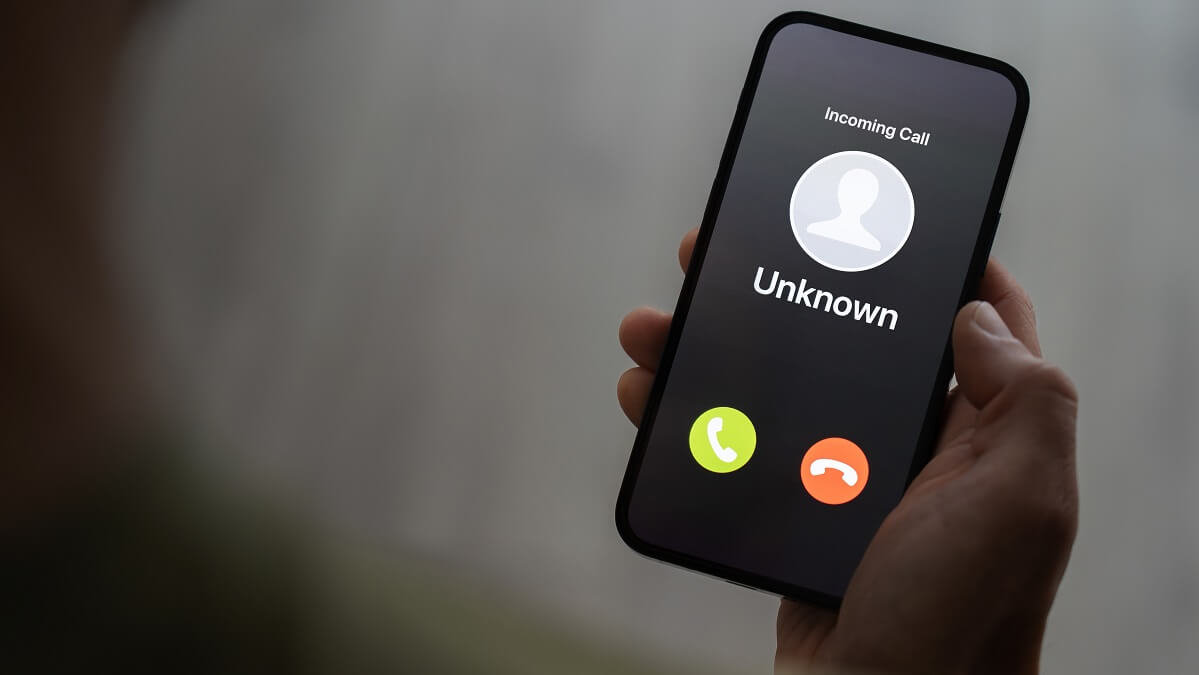Those unwanted 7pm scam calls will hopefully become a thing of the past under the Australian Communications and Media Authority’s (ACMA) rules requiring telcos to detect, trace and block scam calls.
As part of ACMA’s Combating Scams Action Plan, and working in conjunction with the Communications Alliance, the Reducing Scam Calls Code aims to reduce the scale and impact of scam calls on Australians.
“The code is a unique and ground-breaking contribution to global regulatory efforts to prevent the harms caused by scammers. It is a holistic, end-to-end framework for effective scam reduction activity,” said ACMA’s Scam Telecommunications Action Taskforce chair Fiona Cameron when the rules were first introduced in 2020.
“There is no silver bullet to reduce scams, but these new rules place clear obligations on industry to do more to protect their customers and build confidence that it’s safe to answer a ringing phone.”
While the ACMA rules will certainly help, there are many steps you can take yourself to block unwanted callers.
Consumer group CHOICE has some great tips for reducing the number of unsolicited calls to your phone.
Join the Do Not Call Register
Register your number on the Do Not Call Register. You can do this by signing up at www.donotcall.gov.au or phoning 1300 792 958.
Check the fine print
Check the fine print of online forms you sign to make sure you’re not giving telemarketers permission to call you. Hint: you probably are.
Use your phone’s block function
If nuisance calls keep coming from the same number, block it using a smartphone block feature.
Make a complaint
If the calls continue despite taking the above measures, then they’re breaking the law. Complain directly to the company, charity or research organisation. If you think a telemarketer has broken the rules, report it to the ACMA.
And while telcos will do their bit to block scam calls coming your way, they’re also being tasked to publish information and assistance to help you become more proactive in identifying and blocking calls yourself.
ACMA is focusing on phone scam calls, as they comprise 46 per cent of all reported scams.
Telcos will face penalties of up to $250,000 for failing to comply with the code.
To learn more about on how to spot – and stop – phone scams, visit www.acma.gov.au/scams.
How many scam calls have you had in the past month? What do you think should be done about it? Why not share your thoughts in the comments section below?
Also read: Bank customers a step closer to protection from scams


If you are plagued by scam emails supposedly from banks, paypal or other major companies, it is a good idea to forward the emails to the cybersecuriy section of the company. For instance, with paypal you send emails to [email protected]; for Commonwealth Bank use [email protected]. Always delete the sus emails once you are done.
I know about the CBA and PayPal websites bu I am more infuriated by the multitudes of McAfee (mcafee, m.c.a.f.e.e), Bunniings, Norton, gummies etc emails that come through each day. There seems to be no way to stop them. I do not open them or respond in any way and certainly don’t hit the “unsubscribe” section.
What is the best way to deal with these emails. Any clues??